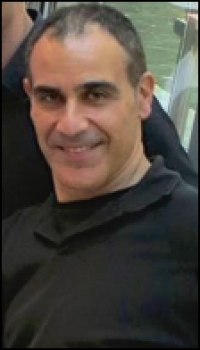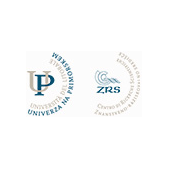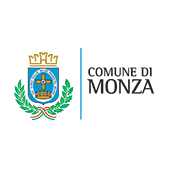At a time when the benefits of ‘openness’ permeate the policy discourse worldwide (the term ‘open’ is actually articulating Governments’ discourses from Canada - Open data, Open information and Open dialogue- to Europe - Open Innovation, Open Science and Open to the world-), it may be an interesting exercise to reflect on the capacity of CASI to conceive openness from a different perspective.
CASI has recently organized different citizens’ workshops to develop future visions on big sustainability challenges. This initiative, per se, may not seem a real novelty in the practice of foresight were it not be for the fact that, in contrast with other citizens-based foresight projects, CASI citizens’ visions have not been tied to any ‘plausibility’ requirements. Have this open and unrestricted invitation to imagination had any implications on the citizens’ resulting visions? Certainly, it had.
CASI citizens’ visions are replete with values and their future descriptions are full of sensibility. Citizens tell us about justice and solidarity, such as, for instance, a fairer distribution of the planet essential resources. This solidarity relies on volunteering actions within a “society of understanding” and empathy. Harmony is understood by citizens as the intersection of individuals, society and nature, thus considering sustainable human development a three-pillar integrated concept. Other visions, like “the union of Earth”, contemplate the world as a borderless space of inclusion, thus giving sense and connecting to other future images where migration and discrimination are no longer global challenges. In fact, many different countries’ CASI visions are surprisingly aligned. Ideals of education are also present in several citizens’ visions, going from those that conceive learning as a path to spiritual and sustainable future, to the one that claims for ‘coloured thinking’ as a new education approach that would allow a greater diversity of ideas. Finally, a citizen’s inspiring reflection on the notion of beauty, based on “what is ethic is aesthetic”, illustrated to what extent openness in foresight can go beyond simple and traditional assumptions about open participation towards a more reflective conception of its usefulness to overcome introversion and open minds and hearts.
CASI citizens’ visions have actually made a difference on their capacity to create uninhibited and relaxed visions of future, fully loaded with sentiments and, why not, emotions. These visions have shown that, although the attention to individuals’ material needs and the development of right conditions for human prosperity are obviously two crucial aspects around which science and technology policies need to pivot, there are other intimate and emotional aspects that policies should also be aware of. Foresight can contribute to this awareness, as it has the potential to invite individuals to open up to others and share, through creative visions of future, their more profound concerns. This is the notion of openness that seems to be still missing in the dominating policy discourse.
Relevant themes:
Public participation
Relevant tags: Social innovation, Sustainability
























